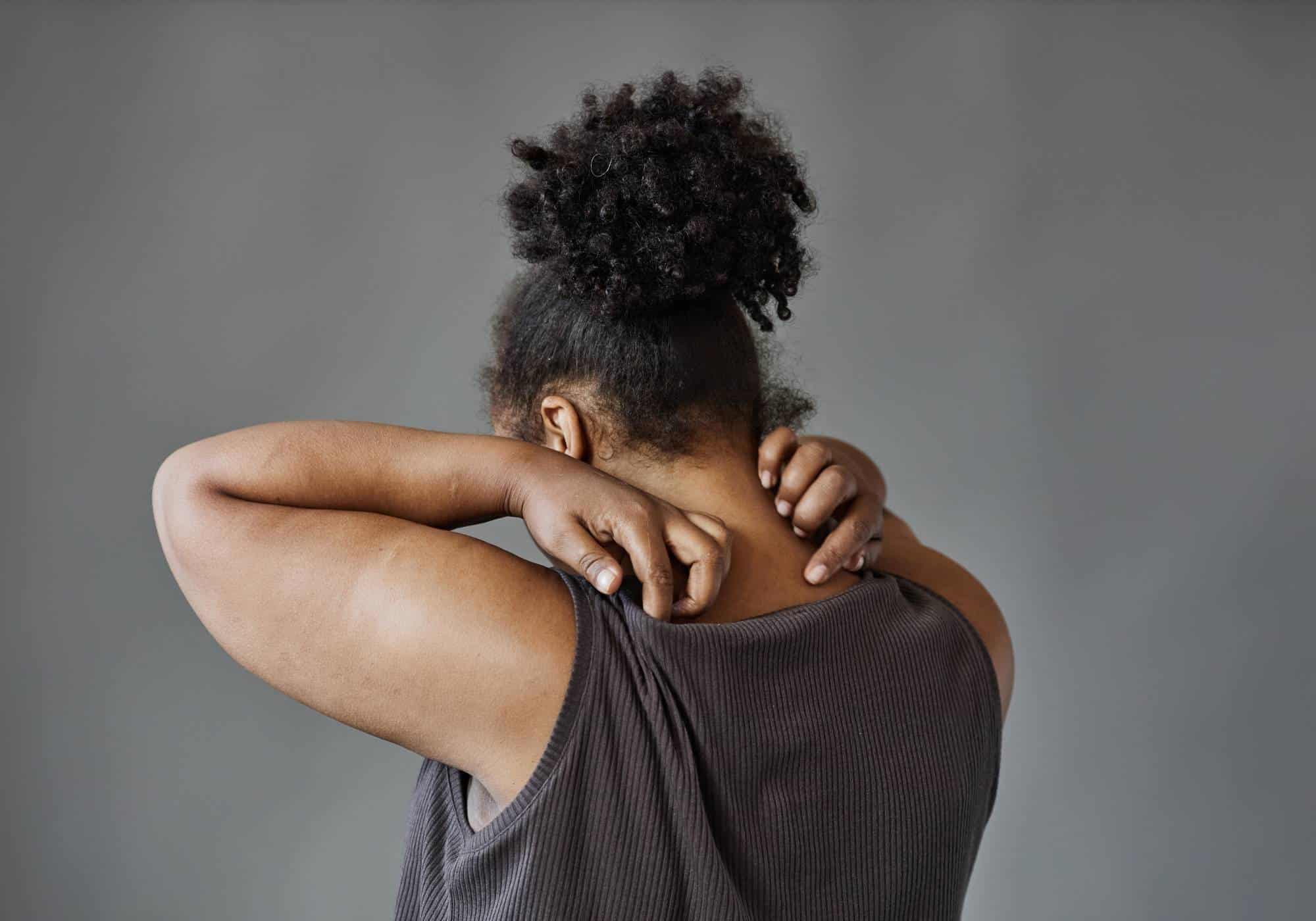Recovery from substance abuse is a remarkable journey of healing, growth, and transformation. It requires immense courage to address the personal challenges that addiction presents. However, the journey doesn’t stop with sobriety; often, one of the most important and difficult steps in recovery is rebuilding relationships with family and friends. Substance abuse can strain relationships, erode trust, and cause emotional pain, leaving fractured connections in its wake. But with patience, understanding, and intentional action, it is possible to rebuild and strengthen these bonds.
In this blog, we’ll offer advice on how to reconnect with your loved ones after recovery, focusing on communication, trust, and emotional healing. At Hooked on Hope, we believe that repairing relationships is an essential part of the recovery process. If you’re in Tennessee, our sister company Iris Wellness Group is also available to support you through this stage of your recovery journey.

Understanding the Impact of Addiction on Relationships
Before diving into ways to rebuild relationships, it’s important to acknowledge the impact that addiction has on your loved ones. Addiction affects everyone in its orbit—not just the person struggling with substance abuse. It can cause hurt, resentment, confusion, and mistrust. Often, family members and friends experience emotional pain that they may not fully express, leading to fractured relationships.
Understanding the emotional toll that addiction takes on your loved ones is the first step toward mending these relationships. Remember, healing takes time, and both you and your loved ones may need space to process the past. While it may feel challenging, embracing the emotional complexity of rebuilding relationships is a key part of recovery.
Communication: Reconnecting Through Honest Conversations
Open and honest communication is essential when trying to repair relationships that have been impacted by addiction. Your loved ones may feel a range of emotions, from relief that you are on the road to recovery to lingering fear or skepticism. Clear communication helps address these emotions and opens the door for reconnection.
- Initiate the Conversation: Take the first step by reaching out to your family and friends. Share your experiences and what you’ve learned in recovery. This shows your loved ones that you’re taking responsibility for your actions and are committed to healing.
- Practice Active Listening: Communication is a two-way street. Take the time to listen to your loved ones without interrupting or becoming defensive. Active listening demonstrates that you value their feelings and perspectives, and it helps to build empathy.
- Be Honest, But Gentle: It’s important to be honest about your past actions and how they affected your relationships, but do so with gentleness. Acknowledge your mistakes without blaming yourself harshly, and express your desire to make amends.
Rebuilding Trust: Earning It Back One Step at a Time
One of the biggest hurdles to rebuilding relationships after recovery is regaining trust. Trust is often one of the first casualties of addiction, and it can take time—sometimes a long time—to rebuild. However, with patience and consistent actions, it is possible to earn back the trust of your loved ones.
- Consistency Is Key: Trust is rebuilt over time through consistent, reliable behavior. Show up when you say you will, follow through on your promises, and demonstrate that your recovery is your top priority. This will help to reassure your loved ones that they can depend on you.
- Set Realistic Expectations: Rebuilding trust doesn’t happen overnight. Understand that your family and friends may need time to heal and to see that the changes you’ve made are lasting. Don’t push them to trust you immediately; instead, focus on proving your trustworthiness over time.
- Be Patient: Patience is essential in rebuilding trust. Your loved ones may still carry the scars of your addiction, and they may be cautious about fully trusting again. Allow them the space to process their feelings, and continue to demonstrate through your actions that you are committed to recovery.

Emotional Healing: Addressing Past Hurts and Moving Forward
Emotional healing is another important aspect of rebuilding relationships. Addiction often leaves behind emotional wounds—whether it’s feelings of betrayal, abandonment, or hurt. Addressing these emotions openly and with empathy is crucial for both you and your loved ones.
- Apologize and Make Amends: A sincere apology goes a long way toward healing. Apologize for the pain you may have caused during your addiction, but also be prepared to make amends. Making amends doesn’t mean fixing everything overnight, but it does involve taking steps to repair the damage. This could include restoring broken trust, being emotionally available, or simply showing up in a supportive way.
- Seek Therapy Together: Family or couples therapy can be an effective way to work through the emotional pain caused by addiction. Therapy provides a safe space to discuss past hurts, communicate feelings, and learn new ways to support one another. It can also be an opportunity to set healthy boundaries and work toward a more balanced relationship.
- Focus on the Future: While it’s important to address the past, focusing on the future is equally important. Encourage your loved ones to join you in looking ahead to the positive changes you’re making. Celebrate milestones together and share in the victories of recovery. Building new, healthy memories can help reinforce the bonds that have been repaired.
Moving Forward: Nurturing Healthy Relationships in Recovery
As you continue to strengthen your relationships, it’s important to nurture them with the same care that you give to your recovery. Healthy relationships require ongoing effort, understanding, and communication. Here are a few tips to keep in mind as you move forward:
- Set Boundaries: Healthy relationships thrive on boundaries. Establishing clear boundaries helps both you and your loved ones maintain a sense of respect and understanding. Don’t be afraid to express your needs, and encourage your family and friends to do the same.
- Stay Connected: Make time for your loved ones, even after the initial process of rebuilding the relationship. Regular communication, spending quality time together, and showing up in small but meaningful ways can help keep your connections strong.
- Prioritize Your Recovery: Remember that your recovery is an ongoing process. By prioritizing your mental health and sobriety, you’ll be in a better position to nurture and maintain healthy relationships.

Reach Out Today!
Rebuilding relationships after recovery is a journey that requires time, patience, and dedication. At Hooked on Hope, we’re here to support you every step of the way. If you’re struggling to reconnect with family and friends or need help navigating the emotional challenges of recovery, reach out to us. Our compassionate team is dedicated to helping you heal, both personally and in your relationships.
If you’re in Tennessee, our sister company, Iris Wellness Group, is also available to provide the same level of care and support.
Together, we can help you build stronger, healthier relationships as you continue your recovery journey. You don’t have to do it alone—help is here whenever you’re ready to take the next step.





